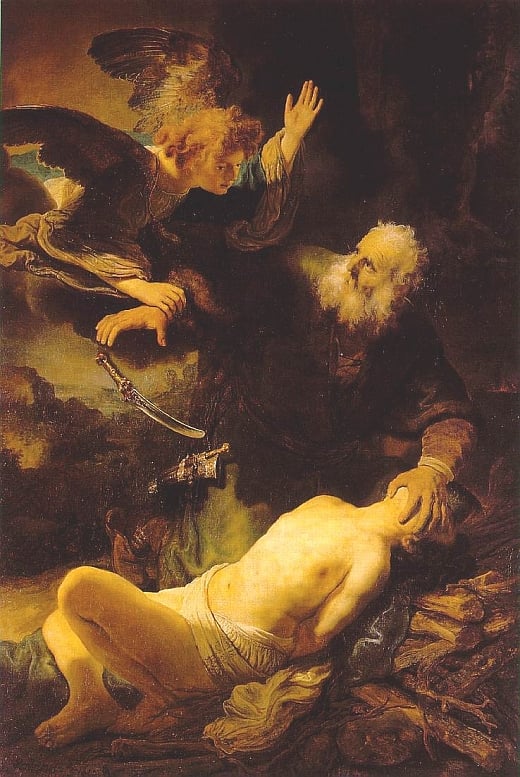
Sobald die Menschen über Recht und Unrecht zu reflectiren anfingen, in einer Zeit, wo sie über die Zweckmäßigkeit der Natur noch gleichgültig wegsahen, sie nützten, ohne sich dabei etwas Anderes als den gewohnten Lauf der Natur zu denken, mußte sich das Urtheil unvermeidlich einfinden: daß es im Ausgange nimmermehr einerlei sein könne, ob ein Mensch sich redlich oder falsch, billig oder gewaltthätig verhalten habe, wenn er gleich bis an sein Lebensende, wenigstens sichtbarlich, für seine Tugenden kein Glück, oder für seine Verbrechen keine Strafe angetroffen habe. Es ist: als ob sie in sich eine Stimme wahrnähmen, es müsse anders zugehen! mithin mußte auch die, obgleich dunkle, Vorstellung von Etwas, dem sie nachzustreben sich erbunden fühlten, verborgen liegen, womit ein solcher Ausschlag sich gar nicht zusammenreimen lasse, oder womit, wenn sie den Weltlauf einmal als die einzige Ordnung der Dinge ansahen, sie wiederum jene innere Zweckbestimmung ihres Gemüths nicht zu vereinigen wußten.
As soon as people begin to contemplate right and wrong, even at a time in which they look indifferently upon the utility of Nature, they contemplate it, even without pausing to consider precisely why, and thus inevitably they come to this judgment: that in the end it must make a difference whether a person acts honestly or deceitfully, fairly or violently, even if to the end of his life he derives no benefit from his virtues and no punishment for his crimes, or at least none that we can see. It is as if they hear an inner voice that says: It cannot be like this! And thus over time they evolve dark concepts of something which lies concealed, after which they feel compelled to quest, something decisive which they hardly can begin to fathom, and even if they should at one point recognize in it the sole order of things, they would hardly know how to reconcile it with the purpose of their own nature.
—Immanuel Kant, Kritik der Urteilskraft, pt ii, sec ii, Anhang. § 88 – Beschränkung der Gültigkeit des moralischen Beweises (1790) in: Sämtliche Werke in sechs Bänden, vol. 6, p. 366 (Großherzog Wilhelm Ernst ed. 1921)(S.H. transl.)


